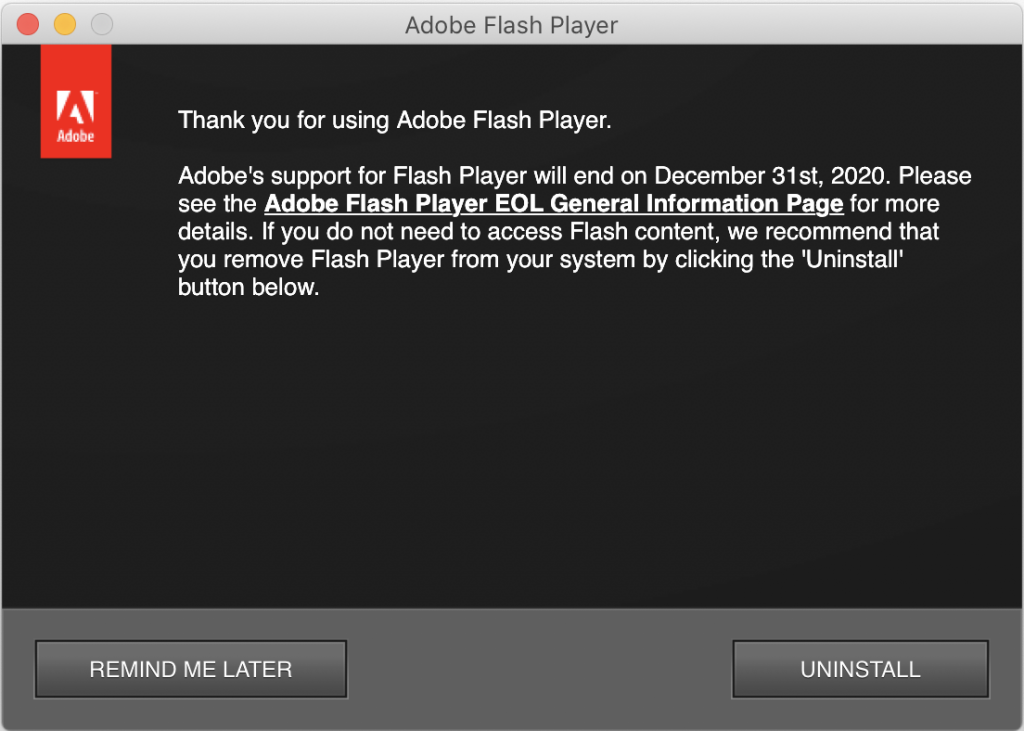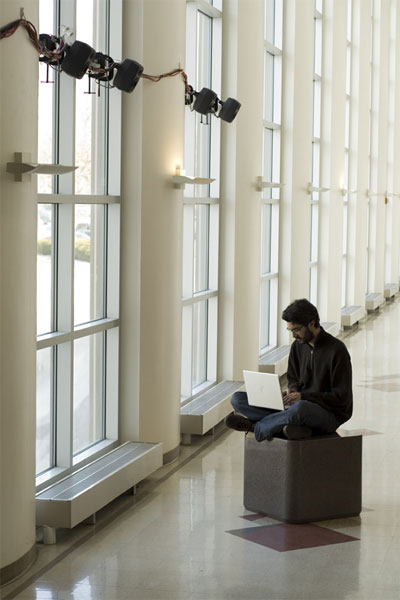RIP Flash, 2020
While I know your time has come, I’ll miss the good times we had. I could prototype ideas when other tools were out of reach or just not yet invented. You were my go-to for any sort of interactive music in a pre-Unity/Unreal/Wwise/FMOD world. You were the conduit for my early experiments in A-Life and Generative Music. You were part of the infrastructure for my first sound installations. Hope you and SoundEdit16 are having a party somewhere out there in the great beyond for deprecated software.

Long Live Flash!
As of early January 2021, Flash Player still works and these old sites and applications will run in a web browser. In the interest of preserving them for some time longer, brief videos will have to suffice for the actual experience.
Laboratory of Dr. Von Flashenstein
A den of Flash and ActionScript-based oddities and resources in support of the “Flash Savvy” book series by Norbert Herber and Ethan Watrall.
Concept, story & characters by Norbert Herber & Ethan Watrall
Coding and soundtrack by Norbert Herber
Character and environment illustrations by Molly Z.
Laboratory of Dr. Von Flashenstein (requires Flash Player; could stop working at any moment)
Molly Z Illustration Music
The Flash-based web site (ca. 2002) for Molly Z Illustration needed to convey a sense of global inclusivity. I developed music around Molly’s design to foster an experience in which visitors could get lost in her art work and feel a connection to people and places beyond their immediate surroundings.
While the site itself has since seen several updates and redesigns, this Flash module demonstrates how the menu system of the original site sounded and would drift across percussive variations over time.
Molly Z Flash module (requires Flash Player; could stop working at any moment)
PSO[1]
Particle Swarm Optimization (PSO) was originally developed by James Kennedy and Russell Eberhart as a means to optimize nonlinear functions. It is related to artificial life, bird flocking, fish schooling, evolutionary computation, and can be used in a wide variety of applications where one seeks an optimal solution to a given problem.
This concept is rooted in the idea that social sharing of information among individuals can be beneficial to an entire group. Members of the swarm (agents) seek a point with the best fitness. Each agent “knows” two things: The fittest point it has found individually and the fittest point found by the group. As their search progresses, agents make new discoveries to share with the swarm until the target point is found.
PSO is a simple system that generates complex, organic behavior. This piece is the first in a series where data generated by agents in the swarm is used to drive an ever-evolving musical composition. This version owes a great deal to Jeremy Thorpe from his lecture “Bringing Life to Flash” (Flashbelt, June 2004). Thanks for getting me up and running, Jer!
Additional details on PSO (you’re welcome, nerds)
PSO[1] Flash module (requires Flash Player; could stop working at any moment)
PSO[2]
Complexity via simplicity: The particle swarm algorithm of Kennedy and Eberhart makes generative music. PSO[2] was premiered at the Red Gate Gallery in Beijing, China in conjunction with “Consciousness Reframed 2004: Qi & Complexity.”
Instrument samples were recorded in 2004 during an emergence of Brood X cicadas in Bloomington, IN.
PSO[2] Flash module (requires Flash Player; could stop working at any moment)
Sound Garden
Asynchronous improvisation by me, you + others. Following Perturb, Sound Garden is the second work in a series of musical installations that explore the relationship of people, location, and audio relative to technology. Sound Garden was composed for Arts Week at Indiana University, Bloomington and was later part of the SPARK Festival of Electronic Music and Arts at the University of Minnesota, February 17–22, 2009.

While it was never exposed to the public, Sound Garden‘s generative structure was built on a PSO foundation. Open the Sound Garden archive to hear some examples from what people created in 2007.
